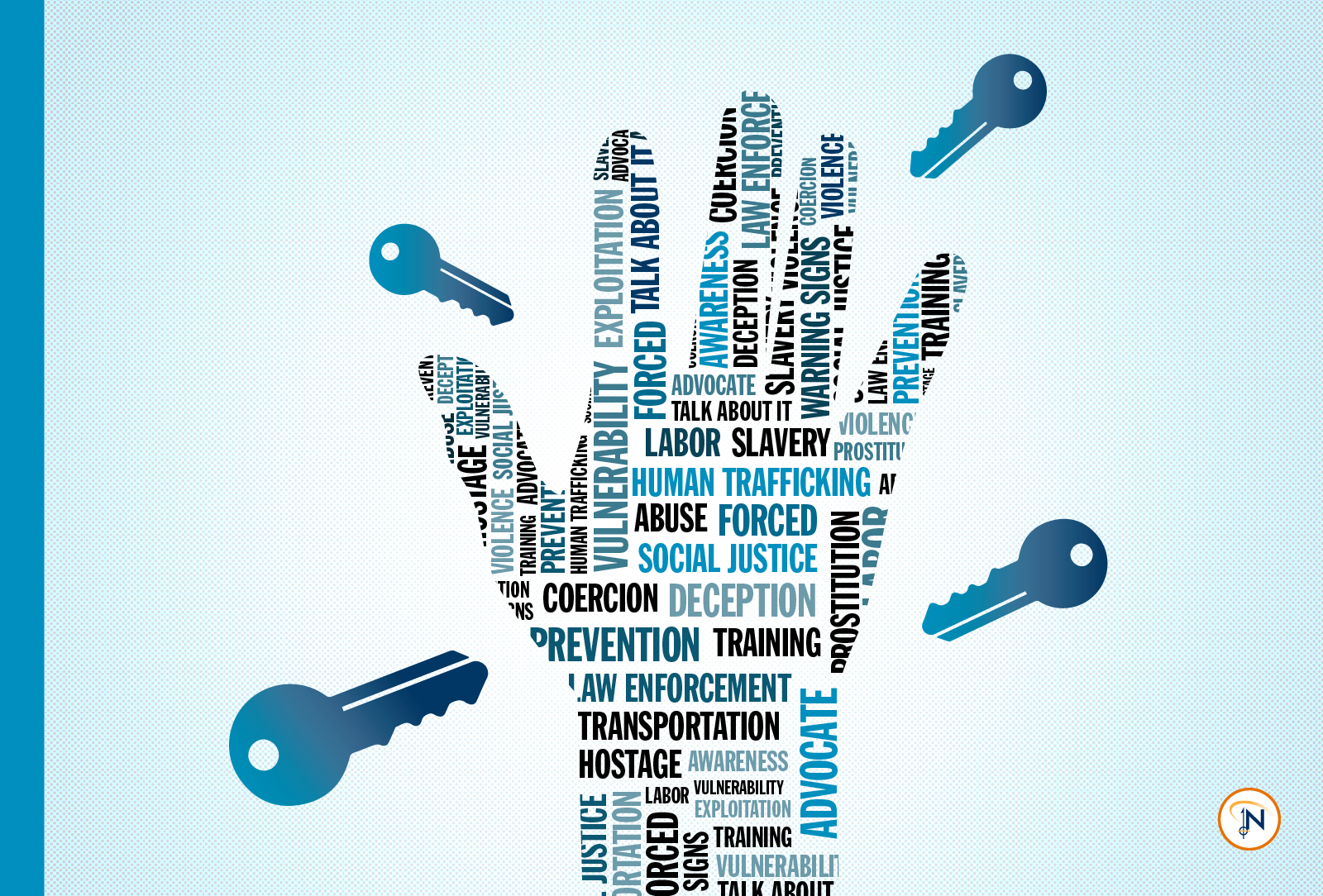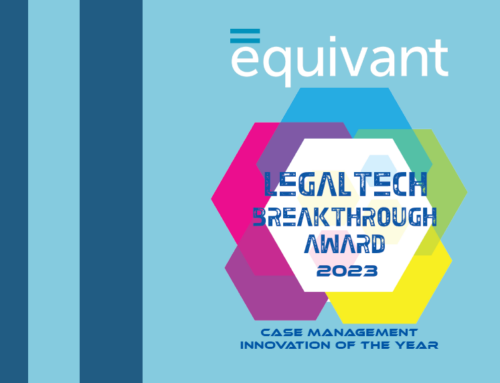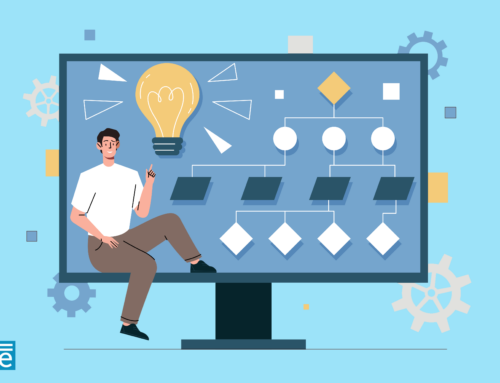Four Ways to Fight Human Trafficking in YOUR Community

Human trafficking is everywhere. It’s in our country. It’s in your community. And it has the potential to be in your jail or even your social circle.
Three of the top five risk factors for human trafficking are substance use, unstable housing, and mental health concerns,1 all of which are also frequently found in incarcerated individuals. But the scariest fact about human trafficking is that its reach isn’t limited to vulnerable populations – anyone, of any race, gender, or age can become a victim at any time.2
Human trafficking is defined by the Department of Homeland Security as “the illegal exploitation of a person.” This can include sex trafficking, forced labor, and domestic servitude.
In 2018, the most recent statistics available through the National Human Trafficking Hotline, over 23,000 survivors were identified in the United States. The U.S. Senate Committee on Foreign Relations reportedly estimates at least 27 million people, including children, in 165 countries are in situations of forced labor and exploitation.3
As justice practitioners who are in constant contact with vulnerable populations, what can we do to stop human trafficking?
- Know the warning signs. The Department of Homeland Security’s Blue Campaign published a list of common indicators of human trafficking, and there’s even a printable, wallet-sized indicator card to help you keep them top-of-mind. The presence or absence of these indicators doesn’t necessarily mean human trafficking is occurring, but they can help you heighten your awareness and decide when to report suspected trafficking.
- Train your team. The Blue Campaign also provides a short online training course to help law enforcement and federal employees hone their skills and be better equipped to recognize victims of human trafficking.
- Talk about it. Human trafficking has been a problem globally and in the U.S. for many years, but it frequently gets “swept under the rug” because it’s a difficult topic. Talk about it with your team, talk about it with your family and friends, and start to raise awareness within your workplace and social circles.
- Be an advocate in your community. Local law enforcement is undoubtedly doing their best to fight human trafficking, but this fight can’t be won without resources and support. Use your voice as a justice professional to support local law enforcement, agencies, and non-profits, and engage lawmakers and local government in the conversation.
Human trafficking isn’t specifically a jail problem; it’s a local, national, and global problem. And you, as a highly trained justice professional who works with vulnerable populations every day, are uniquely positioned to recognize and report potential victims or perpetrators.
At equivant, we take this responsibility very seriously. Our team of justice practitioners is proud to support you as you work for change on the local level. Let us know how we can help.
1 National Human Trafficking Hotline
2 Department of Homeland Security Blue Campaign
3 Ashton Kutcher testimony to the Senate Committee on Foreign Relations





